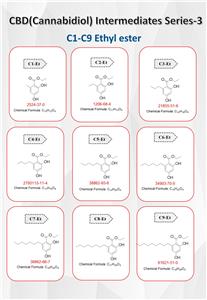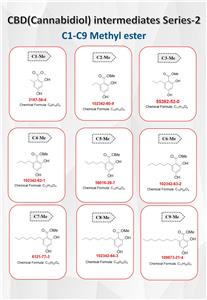Third meeting of the WHO Nutrition Guidance Expert Advisory Group (NUGAG) Subgroup on Policy Actions
The first meeting of the NUGAG Subgroup on Policy Actions took place in December 2018, during which participants discussed and finalized the scope, PICO questions and priority outcomes to guide the undertaking of the systematic reviews and subsequently to formulate the recommendations for the guidelines on nutrition labelling policies, policies to restrict marketing to children and fiscal policies. The second meeting of the NUGAG Subgroup on Policy Actions took place in December 2019 during which participants reviewed the draft systematic reviews and formulated draft recommendations on nutrition labelling policies, policies to restrict marketing to children and fiscal policies. Participants also discussed and finalized the scope, PICO questions and priority outcomes to guide the undertaking of the systematic reviews and subsequently to formulate the recommendations for the guideline school food and nutrition policies.
The Safe, Healthy and Sustainable Diet Unit (CC Healthy Diets) of the new Department of Nutrition and Food Safety (NFS) established in January 2020 as part of the WHO’s transformation process serves as the Secretariat of the NUGAG Subgroup on Diet and Health and also the NUGAG Subgroup on Policy Actions. The NUGAG is generally expected to meet physically, but due to the COVID-19 pandemic, it is planned to hold a series of virtual meetings in 2021 to progress the work of the NUGAG with a view to finalize pending guidelines, starting with the first virtual meeting (i.e. the 3rd meeting) to be held for two hours each day on 8, 10 and 12 March 2021.
Objectives and expected outcomes
The objectives of the third meeting are to:
Review the outcomes of the systematic review assess the certainty of the evidence;
Formulate the recommendations on school food and nutrition policies and determine the strength of recommendations, through:
taking into consideration the certainty the evidence and detailed contextual factors, such as the balance of evidence on benefits and harms, values, resource implications, priority of the problems, equity and human rights, acceptability and feasibility, as assessed through an addition review;
Review and identify implications for future research, taking into account on-going research and any existing controversies; and
Review implications or possible challenges for implementation of the guideline.
The expected outcomes of the third meeting are, therefore, draft recommendations (including rationale and remarks, as required) on school food and nutrition policies.




